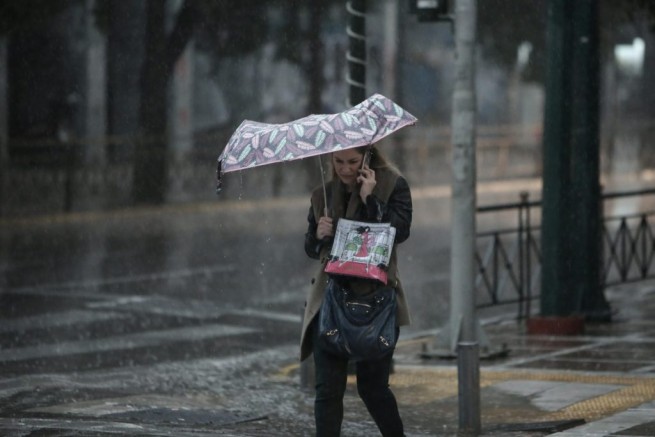More than half of the families (50.9%) reduced their spending on outdoor events (restaurants, cafes, cinemas, etc.) last year. In addition, 45.1% of households spent less on travel, and 43.3% reduced spending on clothing and footwear.
These figures are from the 10th annual study. ΓΣΕΒΕΕ on household income and living expenses in 2021.
On the other hand, there has been a surge in the proportion of households that have increased their spending to meet basic needs due to rising prices in recent months.
In particular, 65.1% of households increased their spending on household bills, 52.8% on food, 51.9% on heating and 34.7% on healthcare and medicines. Overall, total household spending increased by 20% in 2021 compared to 2020.
It is noteworthy that more than 3 out of 10 (31.2%) households are late in seeking appropriate medical care, 2 out of 10 fail to pay electricity on time and more than 1 in 10 (12.5%) are late in paying for heating.
The increase in electricity prices for almost every second household (49.8%) is the category that has the most negative impact on their income. It is followed by an increase in prices for food products (21.4%), gasoline (12.4%) and heating oil (9.3%).
42.7% of households consider the reduction of taxes and fees for fuel and energy to be the most adequate measure to eliminate the negative consequences of price increases, and 40.9% – an increase in wages and pensions.
In terms of government measures, 60.9% of households rated them as inadequate, 14.9% as rather inadequate, and only 9.5% and 6.3% rated the measures taken during the survey (December 9–17, 2021). .), as soon as sufficient.
Households that say they will not be able to meet their government obligations in 2022 are up 10 points from the 2020 survey. and/or insurance obligations, while 16.8% stated that one of its members had an overdue debt to the state (tax authorities, insurance funds).
It is noted that 5.3% of households are in arrears with banks on consumer, business loans and / or cards, while 5.2% of households said they would not be able to meet their bank obligations in 2022.
However, both rates are better than the corresponding 2020 survey. It is noted that 21% of households have a valid mortgage, of these households, 16.5% pay loan installments – often with some delay, and 6% have more than three months of overdue debt. These percentages are the lowest recorded by the ΙΜΕ ΓΣΕΒΕΕ Income Survey, as it has been tracking the rate since 2014.






More Stories
Low wages and inflation "drown" Greek youth
Greece becomes a 'safe haven' for German pensioners
Bark Air: New airline specializing in pet transportation launches in May